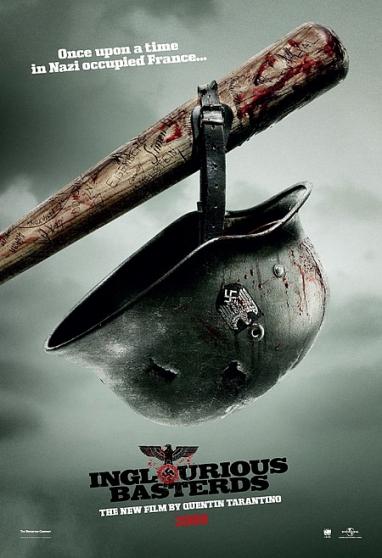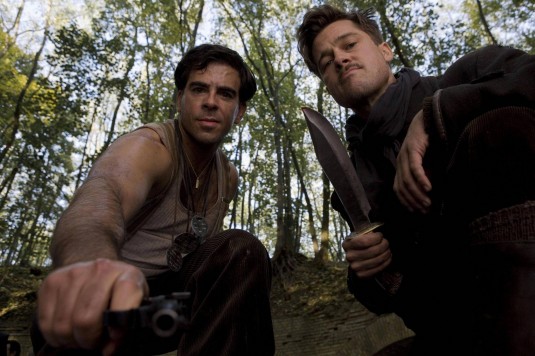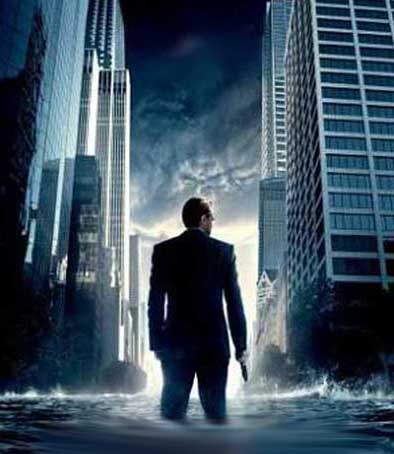Niall Ferguson is a historian, who's new book is called Civilization: The West and the Rest. In it, he tries to show why the west came to dominate the rest of the world over the last five hundred years, and why the rest might be catching up now. It is a provocative subject, of course, and in a long review in London Review of Books, the reviewer Pankaj Mishra took Ferguson to task for his book, including positioning Ferguson as an heir to a disreputable line of previous writers, whom we'll today call racists and white supremacists, and also pointing to political implications in the work. The review made Ferguson write a response, in which he called the review libelous. A heated, but highly interesting, discussion followed.
I should begin by saying, that I haven't read the book in question by Niall Ferguson, so I can't decide if the criticism made of it are in fact true. However, in my studies I used to focus quite a bit on the intellectual history in places like China or Latin America, so allegations like the ones Pankaj Mishra makes, that Niall Ferguson underplays the value of these intellectuals from the 'Rest' of the world, probably makes me a bit biased to Mishra's side of the argument. However, what I find interesting in the argument is the way Ferguson defends himself.
His main attack is that Mishra's review: 'not only mendaciously misrepresents my work but also strongly implies that I am a racist', and as he later states: 'At the very least, Mishra owes me a public apology for his highly offensive and defamatory allegation of racism.' And in the next response: 'he made a vile allegation of racism against me' Throughout his responses , he refers to this as 'libel' and 'libellous'. The implications seem quite clear: Apologize, or I'll sue. As he says in his last response, while on the surface spelling out good ideas from the West: 'Another was the rule of law, under which, among other things, the freedom of the press does not extend to serious defamation, at best reckless, at worst deliberate and malicious. It is deplorable that the London Review of Books gives space to a man who seemingly cares about neither of these things.' But of course, Mishra never once writes that Ferguson is a racist. It can always be hard to discern what is 'implied' by anyone, but to me, it never seemed to say that Ferguson was a racist. Parts of the writings could be called racist, which doesn't necessarily say that the writer is one.
In one of the most remarkable parts of his defense, Ferguson says that: 'Of my new book he says that I sound ‘like the Europeans … who “wanted gold and slaves”' Yet the entire quote from Mishra in fact says: 'He sounds like the Europeans described by V.S. Naipaul – the grandson of indentured labourers – in A Bend in the River, who ‘wanted gold and slaves, like everybody else’, but also ‘wanted statues put up to themselves as people who had done good things for the slaves’.' (By the way, as Ferguson is amongst other things attacked for diminishing the works of non-western intellectuals, it would perhaps had been lucky if he here and several other places remembered when he was quoting people like VS Naipul...) It is almost insane, that Ferguson would miss this, for most of his defenses hinge on that he has at earlier times written about and defended non-western themes, or as Mishra states: he claims that he has done good things for them. So for instance, Ferguson finds this quote: '‘By 1913 … the world … was characterised by a yawning gap between the West and the Rest, which manifested itself in assumptions of white racial superiority and numerous … impediments to non-white advancement. This was the ultimate global imbalance.’ This is hardly a ringing endorsement of white supremacy.” But this quote doesn't matter, if the earlier one had been quoted correctly, it again only shows that Ferguson wants to seem as if he 'does good things'. That Ferguson would be drawn to this quote from Naipul, but quote it wrong, seems almost Freudian, in the way it points to the core of his problem: He wants two things at once, to write how much better the West was, yet seem as if he remembers how good the Rest also was. He has a split consciousness. He is Schizophrenic, in the Deleuzian non-diagnostical way. And he is, of course, highly Cynical.
Mishra's response hits on this theme, without using the word 'Cynicism'. Instead, he phrases it mindnumbingly badly: 'Ferguson is no racist, in part because he lacks the steady convictions of racialist ideologues like Stoddard. Rather, his writings, heralding an American imperium in 2003, Chimerica in 2006, and the ‘Chinese Century’ in 2011, manifest a wider pathology among intellectuals once identified by Orwell: ‘the instinct to bow down before the conqueror of the moment, to accept the existing trend as irreversible’.' Hardly politely stated, to say the least, but I very much agree with part of it. A post-modern intellectual does not have to work out a world-view that is fully encompassing and without holes and mistakes, what could be called a 'steady conviction'. As science, even human science, has become more and more specialized and fragmented (like the rest of society) it has become more accepted that a scientist focuses completely on his work at hand, without worrying too much about the implications. That Ferguson reaches certain conclusions in a work on one subject, and other conclusions in a work on another subject, and that these conclusions seem to contradict each other, could be easily explained as that his focus was more on the subject at hand, than on whether or not the conclusions would help any larger ideological project of his. Also, the implication that the modern intellectual simply 'bow[s] down before the conqueror' is not only unfair, it is also unhelpful. The intellectual system is normally not subject to the political, they are intertwined. A helpful intellectual to a politician would in the long run be one with his integrity intact, one who, while having a useful ideological slant, still was dissenting on enough – minor – points, such as to seem independent.
So, as such, I'm not really against the fact that Ferguson is Cynical, or inconsistent, or that he has a different ideology than I do. Yet, where he becomes a master-Cynic is when he refuses to acknowledge his own Cynicism. To be a 'racist' you have to be anything at all to begin with, now and forever. You have to have a whole, not a split, consciousness. Racism is a question of character. Yet a Cynic does not have character. He is as he does, and he believes in what he does at the moment. What is also quite remarkable is that Ferguson makes this claim to be a non-Cynic as he is on the other hand being more than usually Cynical. He is a historian, and his mistakes and unfortunate formulations could quite probably be explained away by him having worked as a historian only, without regard for other aspects of society. Yet here, he threatens to draw in the Judicial system as well, to mitigate in what should be a question for the historical system to judge. Thus, he claims to work in two systems at once, yet he does so to preserve a sense of an unbroken and all-encompassing character. He is completely embracing his own Cynicism, even as he tries to protect himself from the allegations. It would be remarkable, if it wasn't so obvious, trite, and common. Ferguson is a Cynic, concerned only with himself. He abandons the system he works in to rope in another, as soon as it seems opportune for him.
As I've tried to show these last few weeks, almost everyone is more or less of a Cynic these days, it's not necessarily a bad thing to be. Yet the ones we should be wary of, the ones we should 'Watch', as the title of Mishra's review states it, are the ones who won't admit to their own Cynicism, even when they are at their most Cynical. They have, in the end, lost their final link to truth, perhaps not as it is, but as it should be.
[Again, the original review, and the ensuing discussion can be found here: http://www.lrb.co.uk/v33/n21/pankaj-mishra/watch-this-man]
I'll take a break for the holidays at this point. In the new year, I'll write two epilogues on 'benevolent cynicism', so to speak. Hope to see you then.








